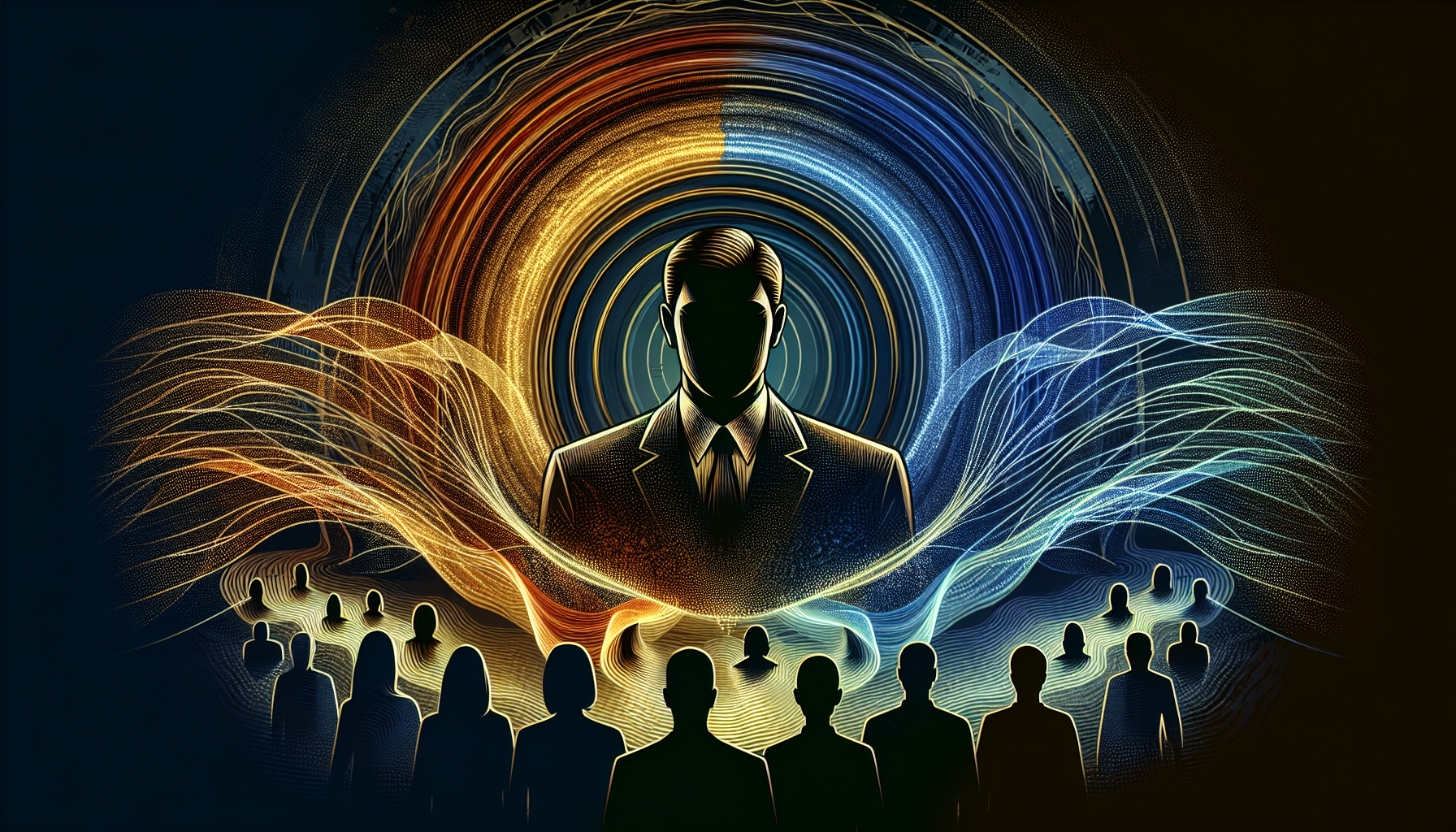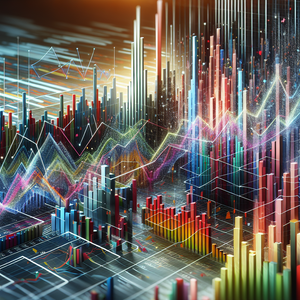Epic Games and the Metaverse: Pioneering Virtual Worlds

The metaverse refers to a collective virtual space where users can interact with a computer-generated environment and other users in real-time. This concept, while still in its infancy, is gaining traction as technology evolves and becomes more accessible. Epic Games envisions the metaverse as a seamless blend of gaming, social interaction, and immersive experiences that transcend traditional boundaries. With advancements in hardware such as VR headsets and augmented reality (AR) devices, users can now engage in experiences that were once confined to the realm of science fiction.
Epic Games' Investments in Virtual Reality
Epic Games has made significant strides in the VR space, particularly through its Unreal Engine, which serves as a powerful tool for developers creating VR content. The engine's capabilities allow for stunning graphics and realistic physics, essential elements for immersive experiences. For example, the Unreal Engine has been utilized in various VR applications, from architectural visualizations to interactive art installations. Epic's acquisition of companies like 3Lateral and Quixel has further bolstered its ability to deliver high-quality assets for virtual environments, making it easier for developers to create engaging and lifelike worlds. The collaboration with 3Lateral, known for its expertise in creating realistic human characters, enables developers to populate their virtual spaces with avatars that closely mimic real-life interactions. This is a crucial aspect of the metaverse, where social dynamics play a significant role in user engagement.
Social Gaming: Building Community within the Metaverse
Epic Games has also prioritized social gaming, with Fortnite serving as a prime example of how gaming can foster community and connectivity. Initially launched as a battle royale game, Fortnite has evolved into a multifaceted social platform where players can attend concerts, watch movies, and interact with friends in a shared space. These events not only enhance player engagement but also illustrate the potential for social interactions in the metaverse. For instance, Epic Games hosted in-game events such as Travis Scott's virtual concert, which attracted over 12 million players simultaneously. Such experiences transcend traditional gaming, offering unique opportunities for social interaction and community building. This shift is pivotal as it redefines how players perceive and engage with the gaming world, creating a sense of belonging and community that extends beyond the confines of the game.
Digital Economies: The Future of Commerce
One of the most groundbreaking aspects of Epic Games' vision for the metaverse is the development of digital economies. Through Fortnite and other platforms, Epic has created a model where players can purchase virtual goods, ranging from character skins to emotes, using in-game currency. This model not only provides substantial revenue for the company but also empowers creators to monetize their content effectively. Epic's commitment to fair revenue-sharing practices has sparked discussions about creator rights and compensation within the digital economy. By allowing developers to maintain a larger share of their earnings, Epic is setting a precedent that could influence how digital marketplaces operate in the metaverse. This approach not only fosters innovation but also encourages creators to develop high-quality content, enriching the overall experience for users.
Epic Games stands at the forefront of the metaverse revolution, leveraging its technological prowess and innovative spirit to redefine how we interact with digital worlds. With investments in virtual reality, a focus on social gaming, and the establishment of digital economies, Epic is not just shaping the future of gaming but pioneering an entirely new landscape for interactive entertainment. As the metaverse continues to evolve, Epic Games' vision and initiatives will undoubtedly play a crucial role in guiding this transformation, paving the way for an immersive, interconnected future where the possibilities are limitless.
Virtual Reality Developer
Epic Games, Oculus Studios, Valve Corporation
Core Responsibilities
Design and develop immersive VR experiences using Unreal Engine and other relevant technologies.
Collaborate with artists and designers to create visually stunning and interactive environments.
Optimize performance for various VR hardware platforms, ensuring a seamless user experience.
Required Skills
Proficiency in C++ and Unreal Engine; experience with VR frameworks is a plus.
Strong understanding of 3D graphics and physics simulation.
Familiarity with VR hardware, including Oculus Rift and HTC Vive.
Community Engagement Specialist
Epic Games, Riot Games, Blizzard Entertainment
Core Responsibilities
Develop and implement strategies to foster player community engagement within digital platforms.
Organize virtual events and activities to enhance user interaction and retention.
Monitor community feedback and collaborate with development teams to address player concerns.
Required Skills
Excellent communication and interpersonal skills with a passion for gaming and social interaction.
Experience with community management tools and social media platforms.
Analytical skills to assess community trends and engagement metrics.
Digital Economy Analyst
Epic Games, Electronic Arts, Roblox Corporation
Core Responsibilities
Analyze economic trends within the virtual marketplace, focusing on user purchasing behaviors and revenue generation.
Collaborate with product teams to develop strategies for creator monetization and revenue sharing.
Provide insights on virtual goods pricing and market demand to inform business decisions.
Required Skills
Strong analytical skills with experience in data analysis and economic modeling.
Familiarity with digital marketplaces and virtual currencies.
Knowledge of economic principles and consumer behavior in gaming.
3D Character Artist
Epic Games, Ubisoft, Naughty Dog
Core Responsibilities
Create high-quality 3D character models and animations for use within VR and gaming environments.
Collaborate with game designers to ensure characters fit within the narrative and aesthetic of the game.
Utilize tools like ZBrush and Maya for character sculpting and rigging.
Required Skills
Strong portfolio showcasing character design and animation work.
Proficiency in 3D modeling software (Maya, Blender, ZBrush) and texture painting.
Understanding of anatomy and character motion for realistic animation.
Social Gaming Experience Designer
Epic Games, Activision Blizzard, Zynga
Core Responsibilities
Design and prototype engaging social gaming experiences that encourage player interaction and community building.
Incorporate elements of user-generated content and events to enhance player engagement.
Collaborate with marketing and community teams to align experiences with player interests.
Required Skills
Experience in game design with a focus on social interaction mechanics.
Strong understanding of player psychology and community dynamics.
Proficiency in design tools like Adobe Creative Suite and game engines.


